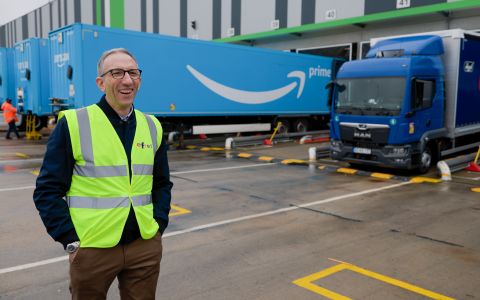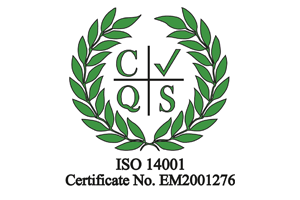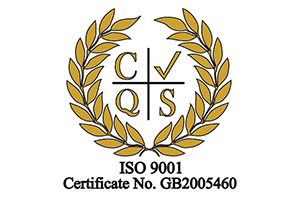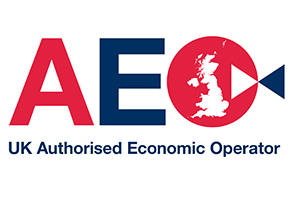The evolution of communication in European road transport: From payphones to GPS and beyond
In the world of European transport, communication has always been a critical part of delivering first-class service. Over the past 40 years, the way truck drivers and vehicles communicate with each other and with their home bases has transformed beyond recognition.

Photo: A truck cab from the '90s with both a UK and a French phone installed, prior to GSM technology
This evolution has not only streamlined operations but also significantly enhanced customer satisfaction. At every step, the transport industry has embraced new technologies to stay ahead of the curve, continually investing in innovation to exceed customer expectations.
The early days: coins and payphones
Decades ago, the capability of keeping in touch with drivers on the road were a far cry from the instant communication we take for granted today.
It seems archaic now, but drivers embarking on long journeys across Europe were equipped with coins in multiple currencies. These were not for personal use but to stop at an agreed network of the ubiquitous ‘Les Routiers’ truck stops where they could update their home base via payphone. It was a cumbersome system, but it was the only available option at the time, laying the foundation for the strong communication links that were to come.
The advent of mobile phones
The next significant leap in the 80’s came with the introduction of mobile phones, a technological marvel that began to change the landscape of transport communication in the UK. Trucks were soon equipped, at great expense, with the first built-in mobile phones, allowing drivers to stay connected while on the move. For some forward-thinking carriers, this was extended further with the addition of both British and French network phones in the same cab. This revolutionised trans-European communication and making cross-border vehicle tracking a realistic proposition for the first time.
These advancements not only improved operational efficiency but also nurtured relationships between drivers and their office-based colleagues. Long routes that once meant isolation for drivers now became opportunities for real-time conversations, fostering rapport and building trust; qualities that didn’t go unnoticed by customers.
The GSM revolution
The introduction of GSM networks in 1991 marked another turning point, enabling mobile phones to operate across borders more reliably. This was a game-changer for drivers who frequently traversed multiple countries, as it allowed for continuous communication without the need to switch networks manually.
As handheld mobile phones became more prevalent, it quickly became clear that every self-respecting driver needed one, turning them into an essential tool of the trade. The communication revolution didn’t stop there. With the advent of instant messaging, companies could now communicate truck locations and send and receive instructions in real-time. This instant connectivity further enhanced the speed and accuracy of deliveries, cementing customer confidence in the reliability of service.
GPS Tracking: Finally, precise locations
Perhaps the most transformative development in recent years has been the implementation of GPS tracking. With this technology, companies gained 24/7 visibility of truck and driver locations to within a mere three meters, including our own Elite system. This level of precision has set a new standard in the industry, enabling proactive decision-making and ensuring that customers are kept informed with real-time updates on their deliveries.
Looking ahead to more innovation
As we look to the future, the possibilities for communication in transport are vast. The continued integration of advanced technologies, such as AI-driven route optimisation. Waze and Google Maps are already rolling out real-time data analytics, and possibly even autonomous vehicles which promises to take efficiency and customer satisfaction to new heights.
The transport industry is likely to see even more seamless integration of communication tools, with drivers, vehicles, and logistics teams connected in an ever-more cohesive network.
In an industry where communication has always been key, the journey from static payphones in cafes to GPS tracking is a testament to how far we’ve advanced; and a glimpse of the exciting innovations yet to come.
Recent articles

New Safety and Security Declaration (SSD) requirement for goods imported from EU to GB comes into force on 31st January 2025
18th December 2024 4 minute read

Amazon recognises Efret as a pioneer of European transport
13th November 2024 2 minute read

Efret celebrates ISO 14001 certification
6th November 2024 1 minute read









